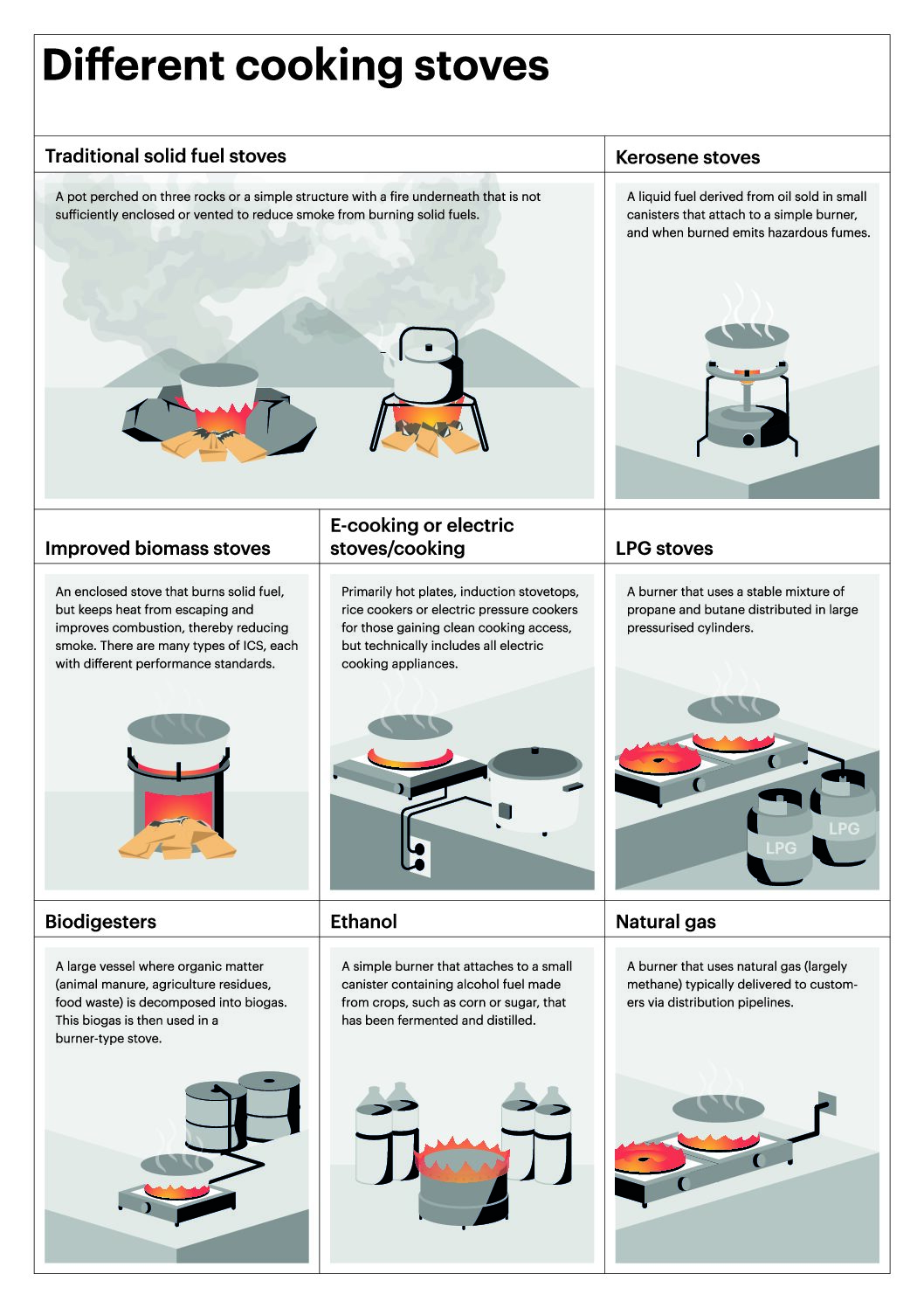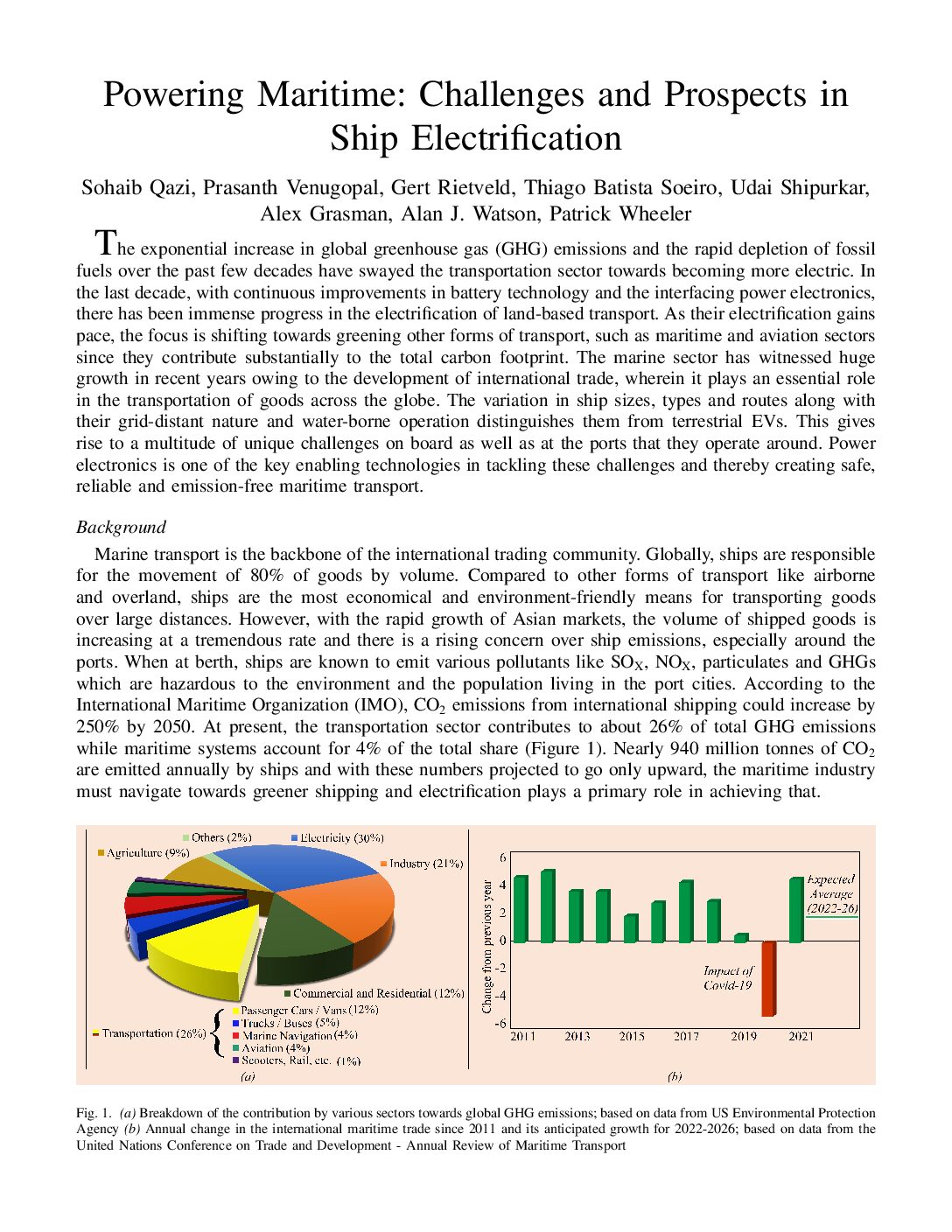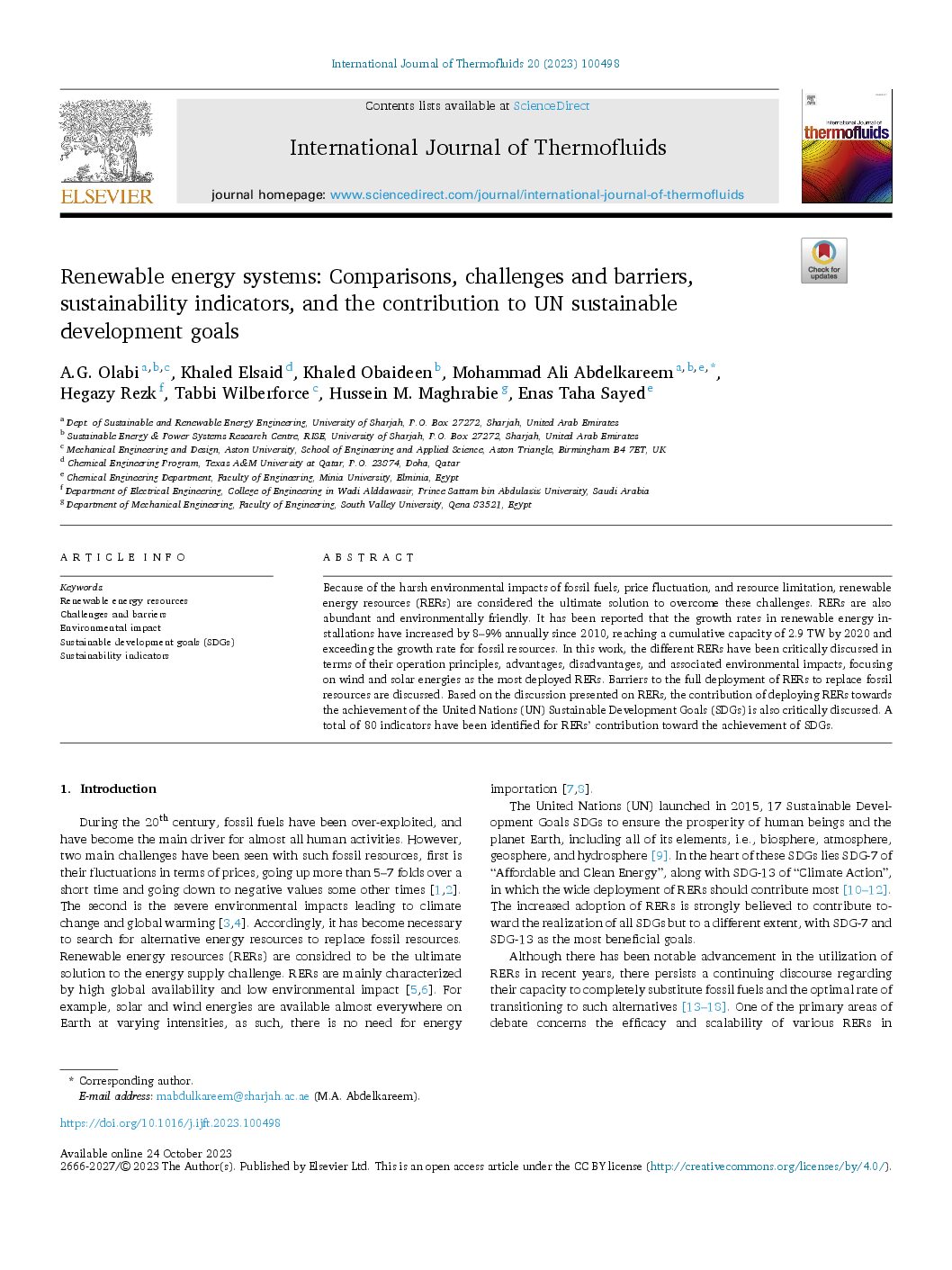This IEA infographic gives a quick overview of different cooking technologies, and outlines each technology’s advantages and disadvantages in terms of health, gender and environmental impacts, as well as costs, scalability and efficiency.
This page provides an introduction to energy transition challenges in the industrial sector. It also tracks progress, presents data and lists seven key recommendations to policymakers and businesses.
This page provides an overview of energy intensity statistics for 2024. By clicking on the map, you can see per country how the energy intensity of its economy has developed since 1990.
This webpage provides an introduction to smart grids, an overview of recent progress and recommendations for governments and utilities.
This research paper gives an overview of the technical challenges for both ports and shipping companies associated with the electrification of shipping, and explains how electric ships could work.
This journal article provides a comparison between different renewable energy technologies in terms of efficiency, pricing and environmental impacts.
This Chilean government programme, launched in 2019, is a public-private plan that supports energy companies to advance gender equality. It consists of 10 different axes, 14 measures and 40 concrete actions.
This article by ILO’s International Training Centre explains the importance of learning objectives, introduces the competencies framework, and provides a practical guide for writing effective learning objectives.
This page presents studies and policies related to electric mobility in Bolivia.
This study evaluates the progress that African countries have made in their transition to e-mobility up to 2021.



